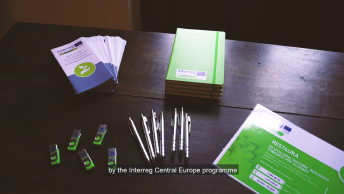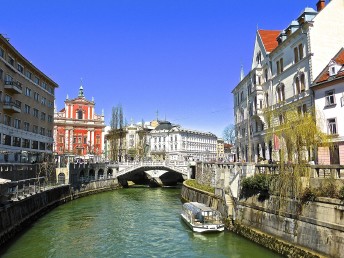The lack of accessible financial resources is one of the key problems for most governments in the protection and maintenance of their cultural heritage. This issue is of particular importance to the Central European region, where the turbulent history and the geopolitical reconfiguration resulted in a large number of neglected or abandoned historic buildings, which have been suffering from ongoing decay. These buildings are often connected to deprived areas with economic and social problems which require immediate intervention.
Public-Private Partnership (PPP) was a mostly unknown scheme for financing the revitalization of the cultural heritage. The RESTAURA project was committed to face up to this challenge through analysing, testing and promoting PPP in cultural heritage revitalisation projects. The project focused its activities in four countries: Poland, Slovenia, Croatia and Slovakia. In total, four pilot actions on PPP in four Central European cities have been conducted (Nowy Dwór Mazowiecki, Bratislava, Nova Gorica and Buzet). As result of RESTAURA project, participating cities obtained a complete documentation on the potential PPP project on their territory.
Within the project, a series of 20 workshops for 114 institutions in 4 countries were organised. In total 307 persons were trained. Also, project partners conducted a total of 109 targeted meetings and participated in 53 events across Europe to present RESTAURA outputs.
With limited public resources the involvement of private financing and expertise through PPP is an alternative to be considered by all bodies aiming at safeguarding the unique built heritage of Central Europe!







